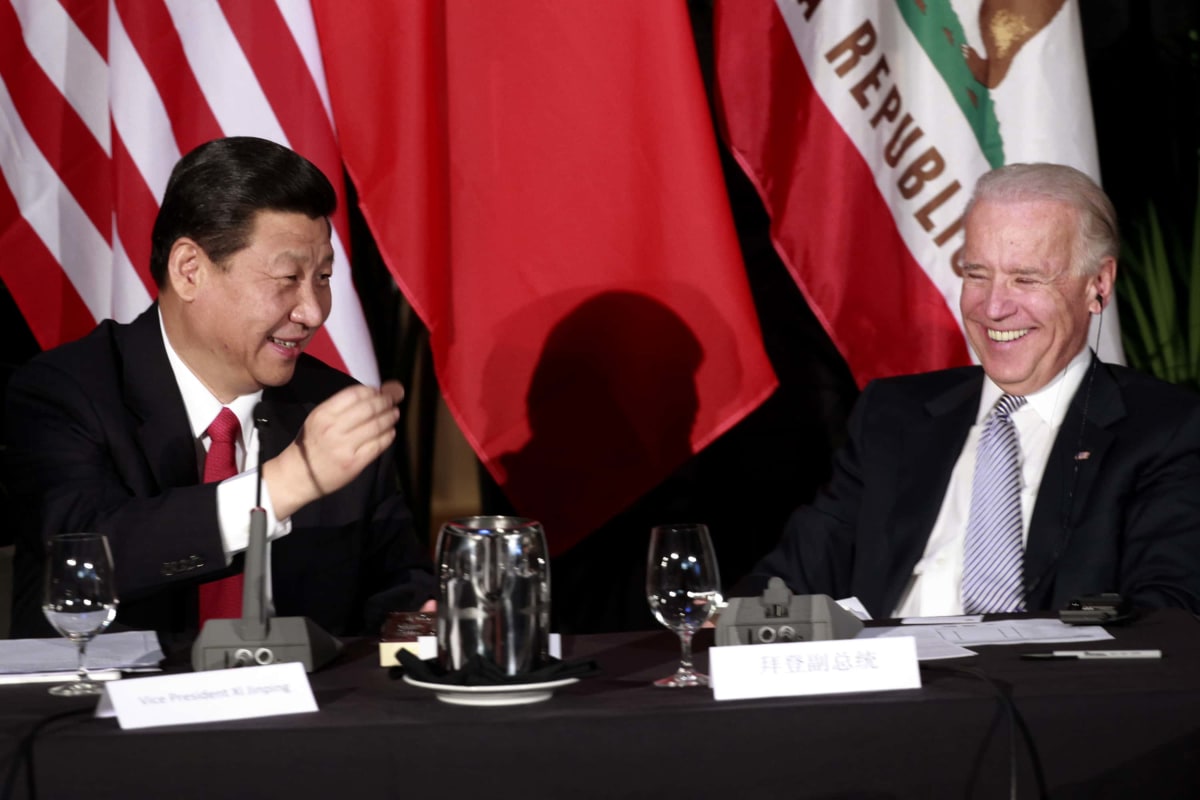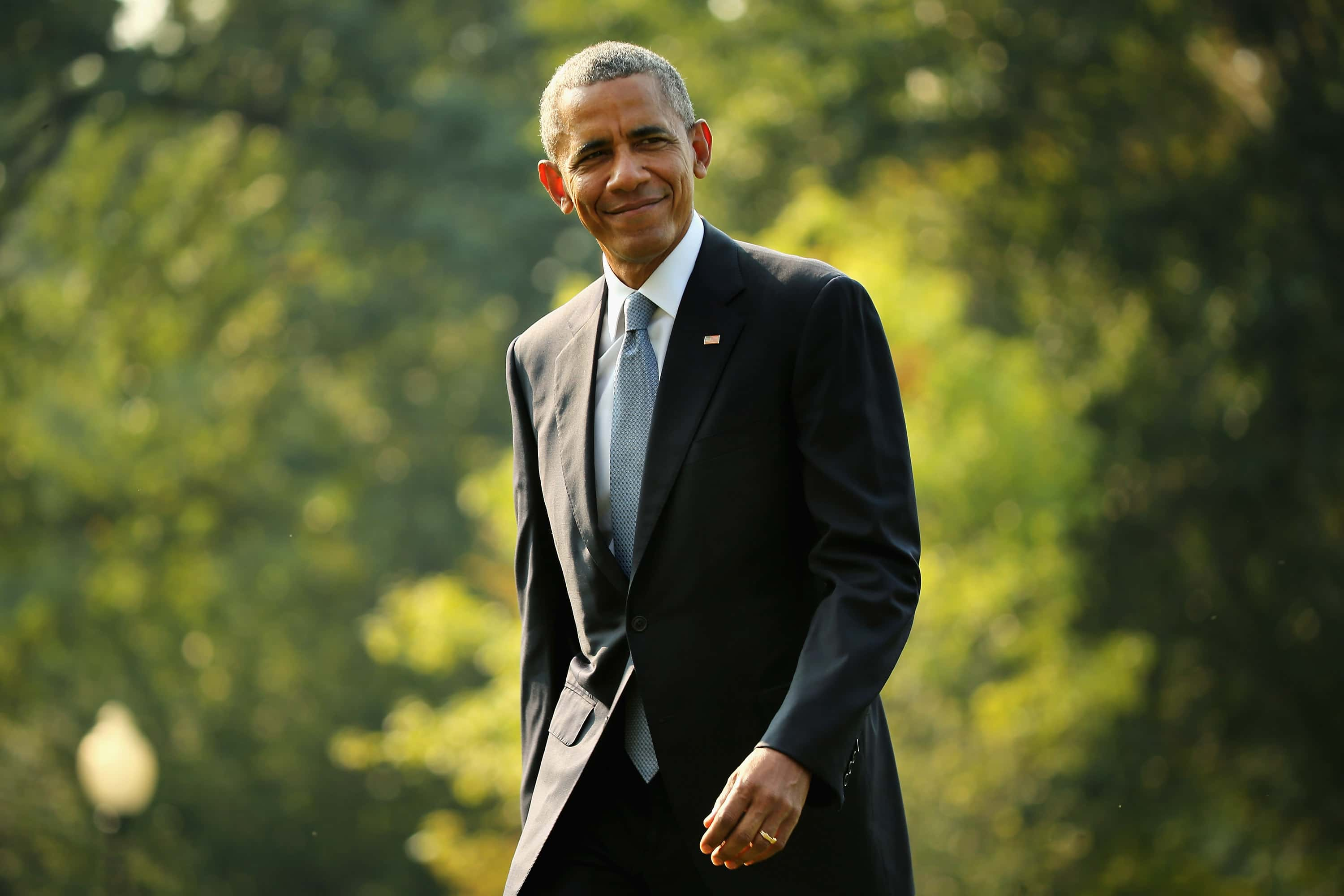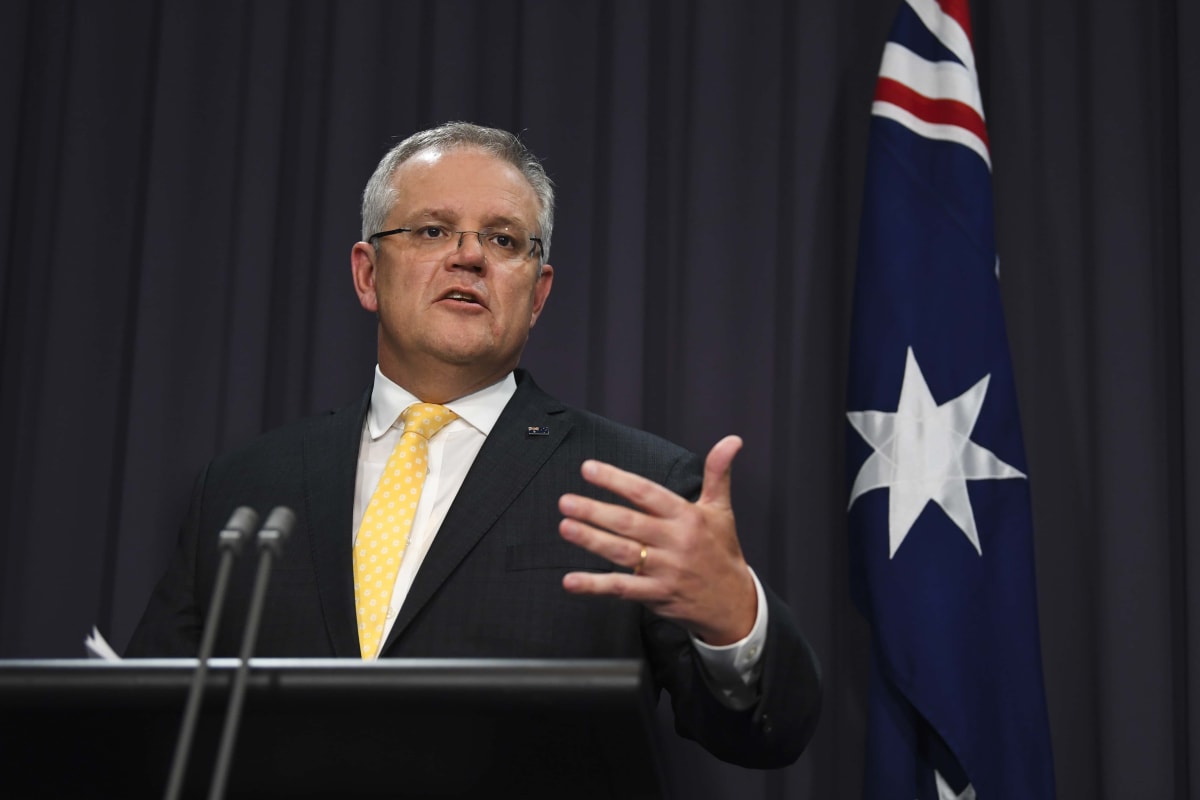Joe Biden plans to counter China's growing influence by holding first virtual talk with 'Quad' nation leaders

President Joe Biden plans to meet the leaders of Japan, Australia and India in a virtual summit this month aiming to counter China’s growing influence. The four democracies, collectively called ‘Quad’, have faced stiff competition and threat from Beijing in various fields and by putting its meeting on Biden’s schedule, the White House is signaling the importance of alliances to counter China’s growing grip in the Indo-Pacific region. The new administration led by Biden is often accused by the conservatives of handling China with a soft hand and by planning the ‘Quad’ meeting, one believes it is trying to score a point on that front.
Axios reported that Biden has already spoken with the leaders of the three other nations individually “but putting them together gives an early boost to the burgeoning group, which some have suggested could grow into an Asian version of NATO”. The Quad nations have come up with indirect criticism of the Chinese saying they vowed “to strongly oppose unilateral and forceful attempts to change the status quo in the context of the East and South China Sea”.
RELATED ARTICLES
Trump accuses Biden of having 'a very close, personal relationship' with Beijing, dubs WHO 'puppets for China'
Xi Jinping warns about 'new cold war' as White House dithers about China policy, fate of TikTok and Huawei 5G

The White House though did not confirm the upcoming virtual meeting, Axios added. The Quad is a security dialogue between the four prominent democracies and was set up in 2007. The body though lost its significance soon as Australia and India were hesitant to take any action that might irk China. Ten years later, in 2017, the four nations rejoined in negotiations to revive the alliance.
Donald Trump administration embraced Quad
The previous Donald Trump administration, which took a strong stand against China, welcomed the Quad concept as the four nations coordinated their security stances and became more concerned over the rise of China. A month before the 2020 presidential election, then secretary state Mike Pompeo, a hardliner on China, attended a summit in South Korea against China’s “exploitation, corruption and coercion”.
Former Democratic president Barack Obama, to whom Biden had served as the deputy, took a special interest in the Asia-Pacific region and implemented the “Pivot to Asia” to complement Washington’s traditional focus on alliances in Europe with those in the Pacific. Trump abandoned Obama’s Trans-Pacific Partnership trade deal after taking office but embraced the Quad. Biden has now decided to do the same and after he spoke with Indian Prime Minister Narendra Modi last month, the White House said the leaders would work toward “a stronger regional architecture through the Quad”.

Australian Prime Minister Scott Morrison told the media in Sydney on Friday that the meeting will become “a feature of Indo-Pacific engagement”. He though did not give details on the timing of the meeting. “It will be four leaders, four countries, working together constructively for the peace, prosperity and stability of the Indo-Pacific,” the premier said. Australia has witnessed its trade being hit by deteriorating relations with China and Morrison said he discussed arrangements with Biden and Vice President Kamala Harris in recent weeks and expressed hope that they would be followed by face-to-face meetings, Bloomberg Quint reported.
The Japan Times reported in February that the four Quad nations were already working to arrange the first meeting of their leaders and the move came as the Biden administration appeared keen to build on renewed attention to the platform, with National Security Advisor Jake Sullivan calling it “a foundation upon which to build substantial American policy in the Indo-Pacific”. The Times had said then that the US had already urged the other countries to hold an online meeting of the Quad group.

The Japanese daily also said the success of the talks depended on India, which it said was “relatively cautious on the framework”. India is the only member of the Quad which shares a land border with China and outside the America-led security alliances. New Delhi is also having a rough time handling Beijing over its borders in the north and media sources in India reported last month that during his first conversation with Biden since his taking over, PM Modi was less committed on Quad even though he agreed on cooperating with the US in Indo-Pacific.










